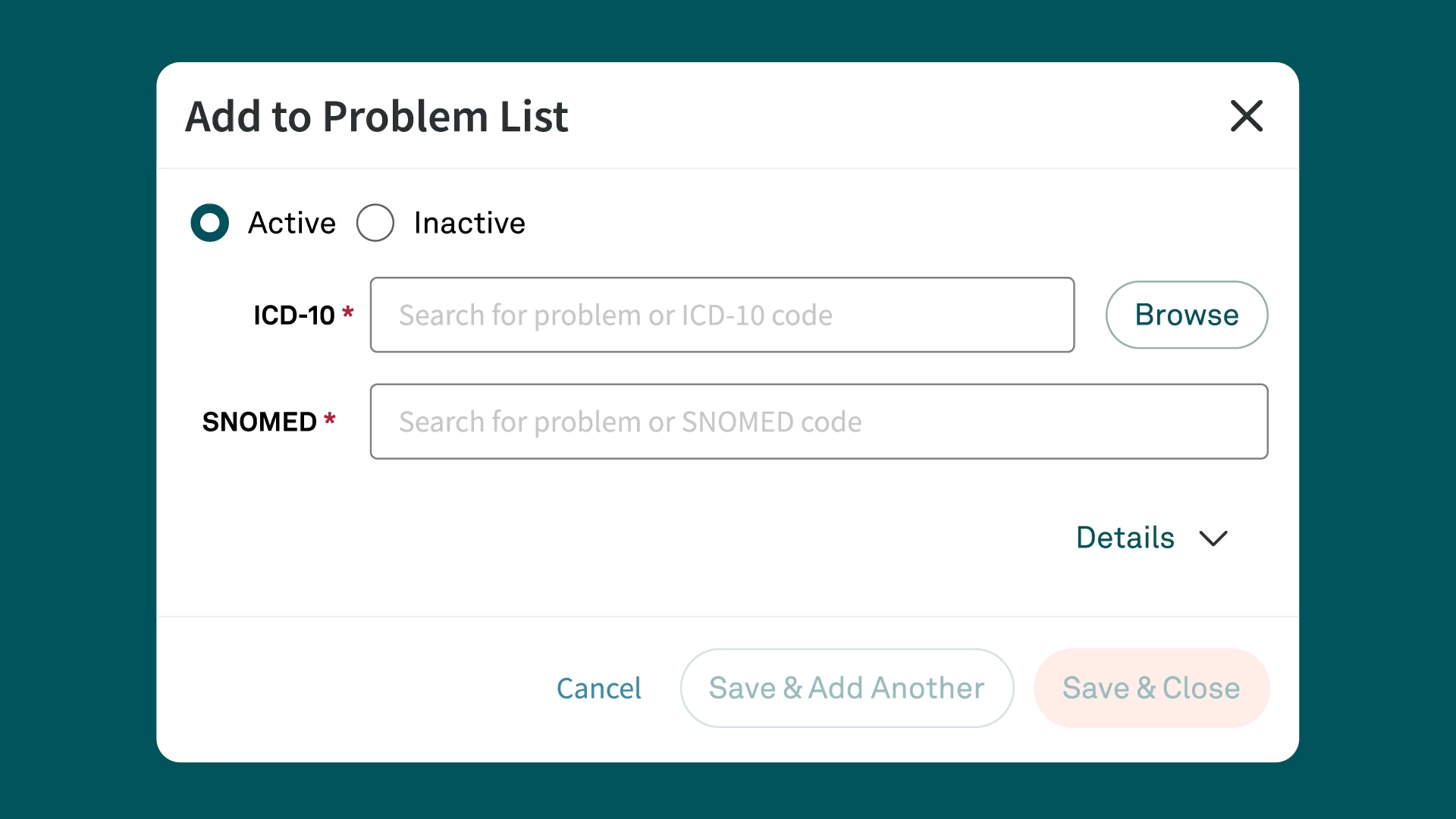ICD-10 Code J02.9
Acute pharyngitis, unspecified
The ICD-10-CM code J02.9 stands for "acute pharyngitis, unspecified." This code is used by medical providers to indicate a diagnosis of acute pharyngitis when the specific cause of the inflammation is not determined or documented.
Detailed description of J02.9
Acute pharyngitis is characterized by the rapid onset of inflammation in the pharynx, which is the part of the throat situated behind the mouth and nasal cavity. The condition can present with a variety of symptoms, often related to infections but sometimes due to other causes like irritants or allergens. When the exact cause of the pharyngitis is not specified, J02.9 is the appropriate code to use.
Symptoms commonly associated with J02.9
Symptoms of acute pharyngitis typically include:
- Sore throat
- Difficulty swallowing
- Redness and swelling in the throat
- Fever
- Swollen lymph nodes in the neck
- Headache
- Fatigue
Related and similar ICD-10 codes
There are several related and similar ICD-10 codes to J02.9, including:
Appropriate usage of J02.9 for billing
When billing for services related to acute pharyngitis, use code J02.9 when the diagnosis is confirmed, but the specific causative agent is not identified. This code should be documented clearly in the provider's assessment portion of the note to ensure proper billing and reimbursement. Use J02.9 only when other, more specific pharyngitis codes (such as J02.0 for streptococcal pharyngitis) are not applicable.
Instructional guidelines for coding J02.9
- Use J02.9 only when the specific cause of the pharyngitis is not determined.
- Verify that all documentation in the provider's assessment portion of the note supports the use of an unspecified code.
- Update the code if additional information about the cause of pharyngitis becomes available.
- Review payer-specific guidelines, as some may have particular requirements for using unspecified codes.
Common pitfalls in coding with J02.9
- Using J02.9 when a more specific cause of pharyngitis is documented, such as streptococcal pharyngitis (J02.0).
- Failing to update the diagnosis if further testing later identifies a specific cause.
- Not providing sufficient documentation in the provider's assessment portion of the note to justify the use of an unspecified code.
- Codes J09.x2, J10.1, and J11.1 are excluded and should not be used with J02.9.
Key resources for J02.9 coding
- CMS ICD-10 Homepage: Provides official resources and guidelines on ICD-10-CM coding.
- WHO ICD-10 Online Browser: Useful for verifying the definitions and relationships between different ICD-10-CM codes.
- AHIMA (American Health Information Management Association) guidelines
- AAPC (American Academy of Professional Coders) resources
Conclusion
ICD-10-CM code J02.9 is used to signify a diagnosis of acute pharyngitis when the specific cause is not identified. Understanding the appropriate usage, common pitfalls, and available resources for coding J02.9 can help ensure correct billing and optimal patient care.
Simplify ICD-10 code documentation with Tebra
Tebra’s EHR+ gives you quick searches and Systematized Nomenclature of Medicine (SNOMED) field names for efficient code documentation. Plus, Tebra automatically saves ICD-10 to SNOMED mapping for future searches, streamlining your workflow.

Discover how Tebra helps providers effortlessly document health-related issues and conditions in this detailed post.
Simplify ICD-10 code documentation with Tebra
Tebra’s EHR+ gives you quick searches and Systematized Nomenclature of Medicine (SNOMED) field names for efficient code documentation. Plus, Tebra automatically saves ICD-10 to SNOMED mapping for future searches, streamlining your workflow.

Discover how Tebra helps providers effortlessly document health-related issues and conditions in this detailed post.
Stay Ahead with Expert Healthcare & Billing Insights
Get the latest industry updates, financial tips, and expert strategies — delivered straight to your inbox.



